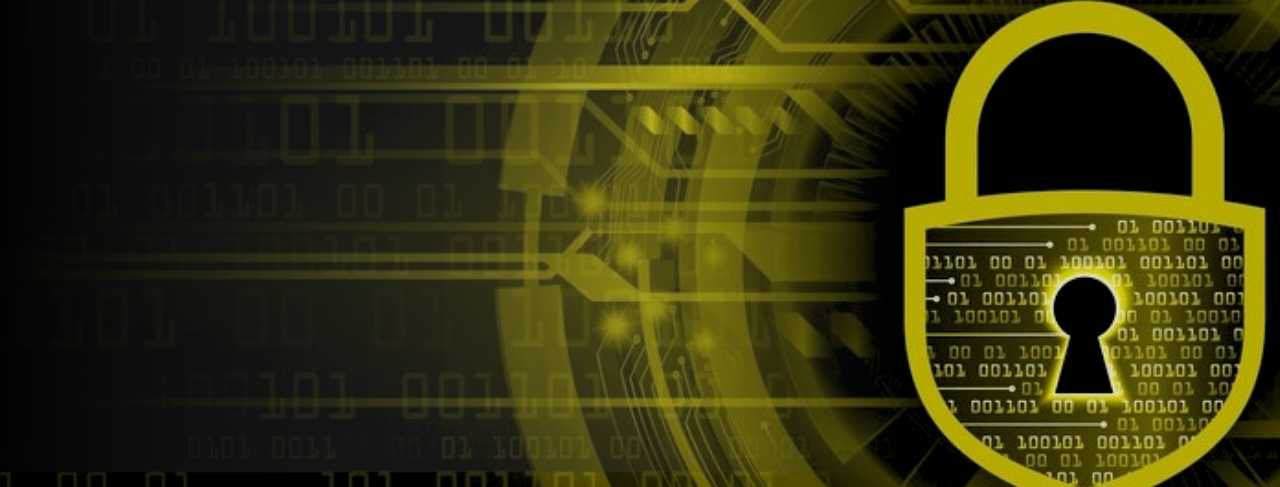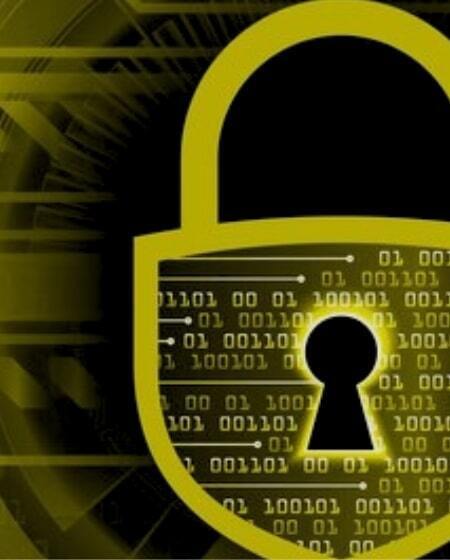The Certified Information Security Analyst (CISA) certification, offered by the International Institute for Information Security (IIFIS), is designed for professionals who aim to specialize in analyzing and mitigating security risks within an organization. This certification validates an individual's ability to assess, manage, and respond to cybersecurity threats, ensuring robust protection of information assets.
Key Topics
Information Security Fundamentals
- Core Security Principles: Understand the fundamental principles of information security, including confidentiality, integrity, and availability (CIA Triad).
- Security Frameworks: Gain insights into key security frameworks and standards such as ISO 27001, NIST, and CIS Controls.
Risk Management
- Risk Identification: Learn methodologies for identifying risks associated with information systems and data.
- Risk Assessment: Conduct thorough risk assessments to evaluate the potential impact and likelihood of identified risks.
- Risk Mitigation: Develop strategies for mitigating risks, including implementing appropriate security controls and countermeasures.
Security Policies and Procedures
- Policy Development: Learn to create and implement effective security policies and procedures that align with organizational goals.
- Compliance and Governance: Ensure compliance with relevant laws, regulations, and standards such as GDPR, HIPAA, and PCI-DSS.
Threat and Vulnerability Management
- Threat Intelligence: Gather and analyze threat intelligence to stay ahead of emerging cyber threats.
- Vulnerability Assessment: Conduct vulnerability assessments to identify and remediate weaknesses in information systems.
- Penetration Testing: Learn the basics of penetration testing to validate the effectiveness of security measures.
Incident Response and Management
- Incident Detection: Implement and manage systems for detecting security incidents in real-time.
- Incident Response Planning: Develop and execute incident response plans to effectively handle security breaches and minimize damage.
- Forensic Analysis: Perform forensic analysis to investigate security incidents and gather evidence for legal proceedings.
Security Operations
- Security Monitoring: Utilize security information and event management (SIEM) tools for continuous monitoring of information systems.
- Endpoint Security: Implement endpoint security solutions to protect devices against malware and other threats.
- Network Security: Design and manage secure network architectures, including firewalls, intrusion detection/prevention systems (IDS/IPS), and VPNs.
Data Protection and Encryption
- Data Classification: Implement data classification schemes to identify and protect sensitive information.
- Encryption Techniques: Learn and apply encryption techniques to secure data at rest and in transit.
- Access Control: Implement robust access control mechanisms to ensure only authorized individuals have access to sensitive data.
Benefits
Advanced Knowledge
- Comprehensive Understanding: Gain a deep understanding of information security principles, practices, and technologies.
- Up-to-Date Skills: Stay current with the latest trends and techniques in the field of information security.
Career Advancement
- Specialized Roles: Prepare for specialized roles such as Information Security Analyst, Security Consultant, and Risk Manager.
- Competitive Edge: Enhance your employability in the competitive field of information security.
Practical Expertise
- Hands-On Experience: Develop practical skills through hands-on labs, real-world scenarios, and security simulations.
- Problem-Solving: Enhance your ability to solve complex security challenges effectively.
Professional Recognition
- Industry Credibility: Earn a prestigious credential from IIFIS, recognized and respected by employers and industry leaders.
- Networking Opportunities: Join a community of certified professionals and participate in industry events, forums, and continuing education programs.
The Certified Information Security Analyst (CISA) certification from the International Institute for Information Security (IIFIS) is an essential credential for professionals aiming to excel in the field of information security analysis. By covering key topics such as risk management, threat and vulnerability management, incident response, security operations, and data protection, this certification equips you with the knowledge and skills needed to protect and defend organizational information assets effectively. Whether you are looking to advance your career or enhance your organization's security posture, the CISA certification from IIFIS will provide you with the strategic insights, practical expertise, and professional recognition necessary to succeed in the dynamic field of information security.
FAQs
What is the Certified Information Security Analyst certification?
It’s a credential for professionals focusing on analyzing, managing, and improving an organization's security posture and risk management.
Who is eligible for the Certified Information Security Analyst certification?
This certification is ideal for experienced security professionals looking to deepen their knowledge of security analysis and incident response.
What topics are covered in the Certified Information Security Analyst course?
It covers risk assessment, threat detection, security auditing, incident response, and securing information systems.
How can the Certified Information Security Analyst help in career growth?
It boosts your credibility as an expert in cybersecurity, opening doors to advanced roles like security analyst, architect, or consultant.
Is there any hands-on experience included in the Certified Information Security Analyst program?
Yes, the program includes practical labs and scenarios to give you real-world experience in handling security incidents and vulnerabilities.


